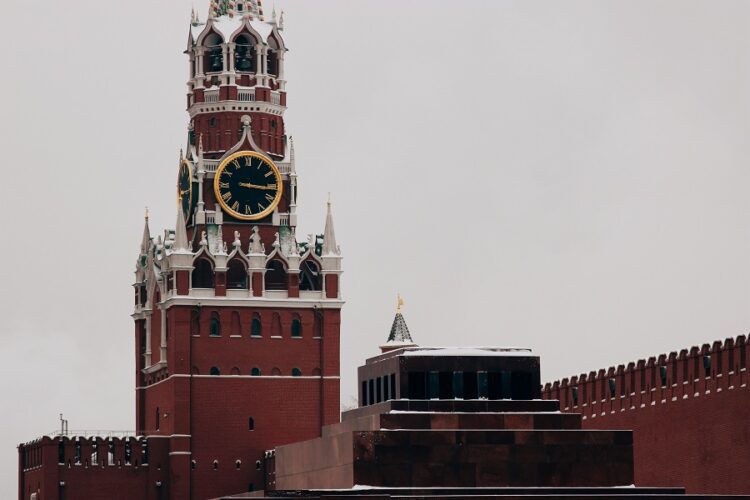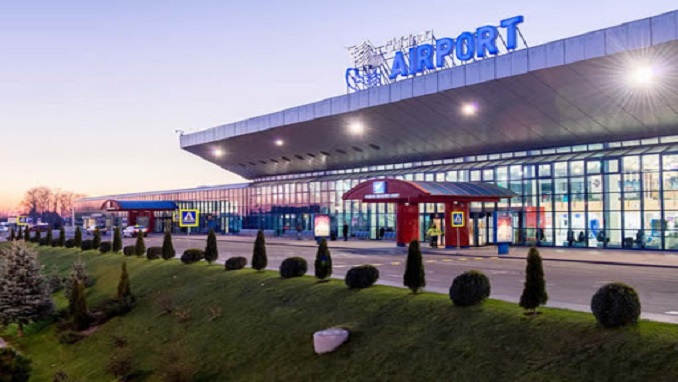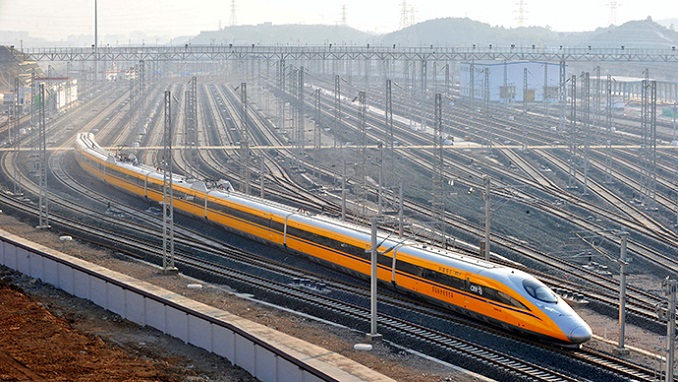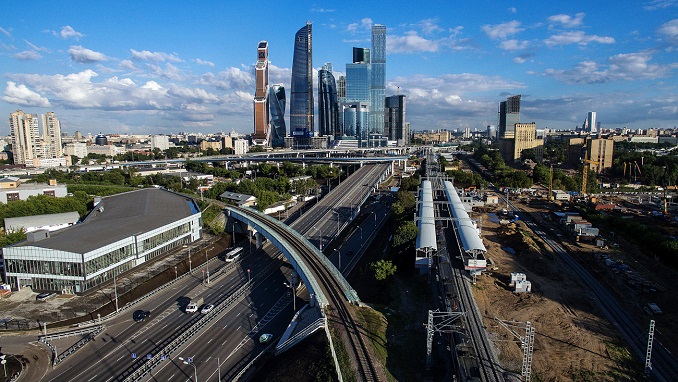The situation in Transnistria has been a source of tension between Russia and Ukraine for many years. Backed by Moscow, which maintains a heavy military presence there, Transnistria is a breakaway state – unrecognized by UN member-states.
Amid allegations that Russia plans to attack the Moldovan region, self-proclaimed Transnistrian President Vadim Krasnoselski maintains that there is no military threat to Transnistria.
However, Krasnoselski admits the situation in the region remains unstable. In recent years, there have been reports of increased military activity near the border with Ukraine, and tensions between Russia and Ukraine have been high since Russia’s annexation of Crimea in 2014.
“If our country is threatened by real danger, we will quickly inform our citizens. The important thing is not to panic,” Krasnoselski pointed out.
“We know that our opponents in Ukraine and European countries are fomenting provocations in Transnistria,” Kremlin’s Dmitry Peskov stated, recalling that the Ukrainian army members recently entered that territory disguised as members of the Russian Armed Forces, teleSUR reports.
Kremlin maintains that the Russian troops in Transnistria are only peacekeepers – however – if
Last week, Moscow issued a warning to the West that it would consider any actions endangering Russian peacekeepers in Transnistria as an assault on Russia, Reuters reports.
This warning coincided with mounting apprehensions in Moldova, a former Soviet state situated between Romania and Ukraine, over a potential Russian hazard.
“Naturally, the situation in Transdniestria is the subject of our closest attention and a reason for our concern,” Peskov said in response to Moldovan President Maia Sandu’s accusation that Russia is planning a coup in Moldova. “The situation is unsettled, it is being provoked, provoked from outside.
“But we know that our opponents in the Ukrainian regime, the Kyiv regime, as well as those in European countries, are capable of various types of provocation.”



